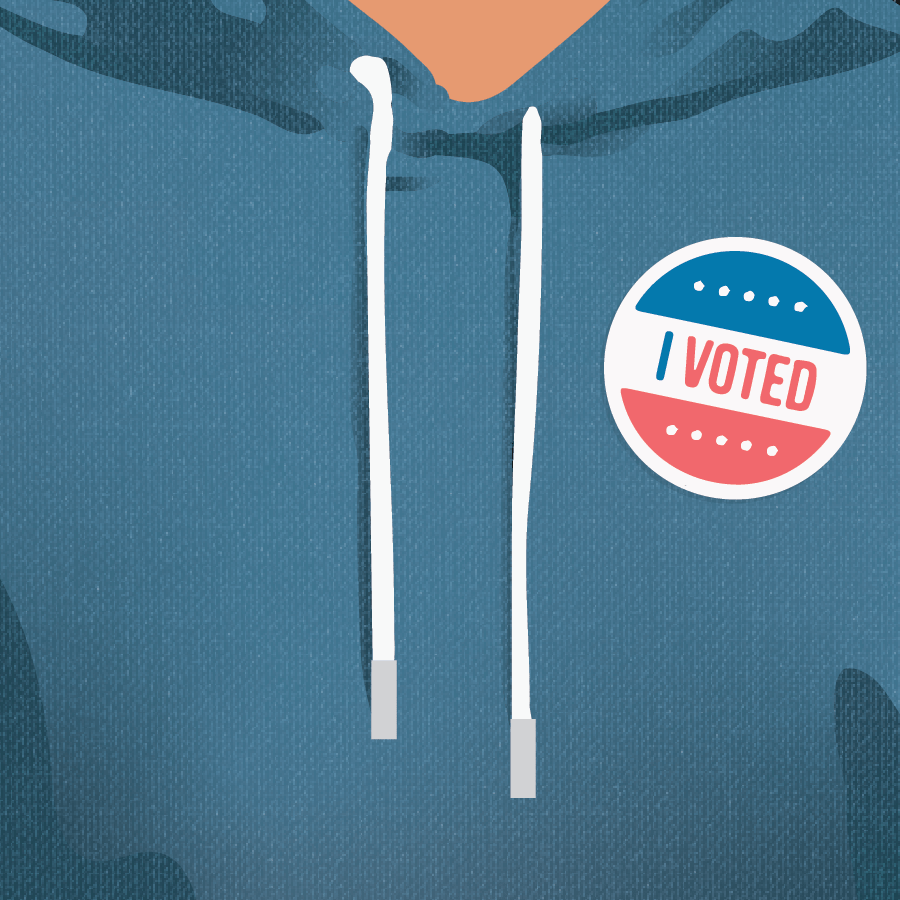State Senate District Two
Chris Wilson

Party: Republican
No campaign website was found
What would you say to the students who have been negatively impacted by the results of HB 261?
As a Legislature, we’re committed to removing barriers and ensuring fairness so all students can succeed. Even if well-intentioned, preferential treatment on the basis of race, sex, religion, creed, or social class, can be problematic. Universities should weigh an individual’s personal experiences when considering merit and achievement. H.B. 261 aims to remove barriers and ensure fairness so all students can succeed, (including first-generation students, veterans, individuals with disabilities, and those from low socioeconomic backgrounds).
Furthermore, we have heard from numerous concerned students, administrators, and faculty across the state regarding how discussion in classrooms and on campuses has become narrow-minded, unproductive and divisive. The bill promotes free speech and open dialogue on college campuses, preventing discriminatory practices based on race, gender, and other identities, and ensures institutions don’t require applicants to submit political ideologies. Our educational institutions must return to political neutrality while debate, disagreement and knowledge exchange on campuses remain protected.
How will you advocate for the students living in Senate District Two, especially in the midst of Logan’s housing crisis?
The current housing crisis is concerning and frustrating to say the least. My wife and I have watched our own adult children struggle to find affordable housing in Logan, both while they were attending USU and after graduation. But hope is on the horizon. Utah currently has more homes per capita being built than any other state in the country. This is due in large part to the recent legislation aimed at creating more affordable housing (see HB 572, SB 168, SB 208, and SB 268) . H.B. 572 established the Utah Homes Investment Program (UHIP), allocating $300 million from the state’s Transportation Fund for low-interest loans to developers building affordable housing. It also allows banks and credit unions to request deposits for up to 75% of a project’s cost and mandates affordable housing production. S.B. 168 created a statewide modular housing code to cut costs and expand the First-Time Homebuyer Assistance Program, while establishing Home-Ownership Promotion Zones (HOPZs) to boost affordable housing. S.B. 208 raised affordable housing requirements in Housing and Transit Reinvestment Zones (HTRZ) from 10% to 12%, and S.B. 268 established First Time Home Investment Zones (FHIZ) to promote medium-density housing for first-time buyers, helping to lower housing costs statewide.
Many students will be first-time voters in these upcoming elections. What policies would you advise a first-time voter to look for?
I don’t know that I can, or should, advise first-time voters with a range of political ideologies and beliefs, as to what specific policies they should look for. What I think is more important is that young adults get involved in the political process by becoming informed and personally engaged. Ask questions, but follow-up and fact-check information you receive. I challenge you to discover for yourself what you believe is important, and why. Then find candidates that align with your personal values.
If you had to choose a fictional character to represent State District Two, who would it be and why?
Jimmy Stewart plays the fictional character, Mr. Smith, in a 1939 movie “Mr. Smith Goes to Washington.” I highly recommend watching it! Mr. Smith, a small-town postmaster and the head of the Boy Rangers, is appointed by his state’s governor to replace a deceased U.S. Senator, and soon realizes that those in power are using him as a pawn to cover up their self-serving schemes. But Smith refuses to compromise his beliefs even in the face of immense pressure. Smith is able to connect with the people he represents and understand their struggles and concerns. This allows him to effectively advocate for their needs and interests. Mr. Smith would be an ideal representative for State District 2, as his character embodies essential leadership values of honesty, integrity, grit, persistence, empathy, and compassion.
Nancy Huntly

Party: Democrat
Campaign website: nancyhuntly.com
What would you say to the students who have been negatively impacted by the results of HB 261?
We are living in times of misinformation, disinformation, and convoluted language. This bill came into being with inflammatory and divisive political rhetoric, but the goals are, if I understand the bill, to meet all individuals where they are and provide opportunities for each to learn and grow. I think you can assume the bill was well-intentioned, but poorly informed. Words matter, but you don’t have to let others’ words define you or constrain your goals. You don’t have to go back. Chart your own course, take advantage of opportunities you find, and advocate for opportunities that you want but don’t find – you are likely to find plenty of people who support you and will work with you as you make the most of your time as a student. Find the helpers and help others. Open doors for and support those around you; be the change.
How will you advocate for the students living in Senate District Two, especially in the midst of Logan’s housing crisis?
I would advocate for funding public education, including higher education, for less State micromanagement of educational institutions, for accessible and affordable housing, and for opportunities for people of all abilities to learn, work, and contribute. I will ask students what their concerns are, discuss with them what might be good solutions, and represent their concerns in legislative and other civic discussions. Rental housing must be part of the affordable housing conversation. Better use of existing housing through maintenance, repurposing, and modifications such as ADUs and in-house apartments could rapidly improve the rental housing situation.
Many students will be first-time voters in these upcoming elections. What policies would you advise a first-time voter to look for?
I would advise any voter to consider more than one or a few specific policies. Rather, look at the records of all candidates (not only their campaign rhetoric) as indicators of the type of elected official they are likely to be. Look for evidence of engagement in their community and of all forms of service. Look for evidence that they listen to, learn from, and work for all. Look for evidence of qualification for office. Look for evidence of real communication about things that matter, not just catchy slogans.
I think that the attempt to put forward a Constitutional Amendment that would remove the right of the people of Utah to use ballot initiatives to reform their government is rightfully viewed as a red flag for a tendency to seek lack of constraint by the core principle of balance of powers. Similarly, support of partisan gerrymandered voting districts suggests a lack of respect for the perspectives of all and a tendency to seek power without balance or constraint. I would expect affordable housing, childcare, mental health care, public education, a healthy environment (e.g., clean water, clear air), and respect for the basic rights of all to be among the concerns of students, but, again, I would seek input from students about their concerns.
If you had to choose a fictional character to represent State District Two, who would it be and why?
Hieronymus (Harry) Bosch, character in many Michael Connelly novels, for his guiding principle that “everybody matters or nobody matters”. A legislator with that core guiding principle would seek to understand and represent all in Senate District 2. That guiding principle seems especially needed at this moment in time.
The Utah Statesman sent out emails requesting interviews to all candidates. Those who responded did so through email.

